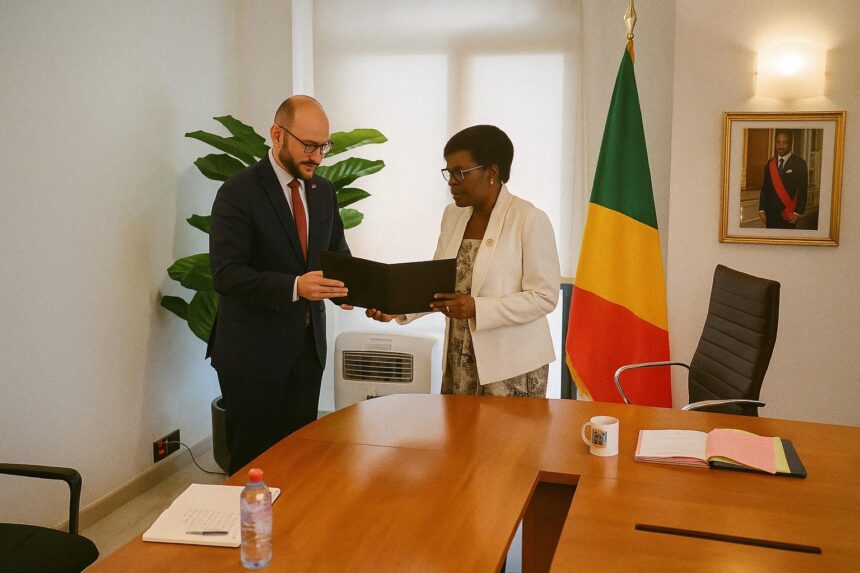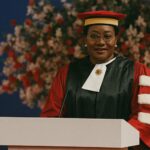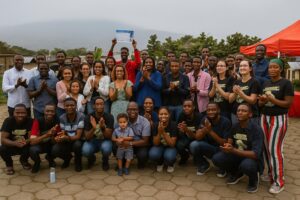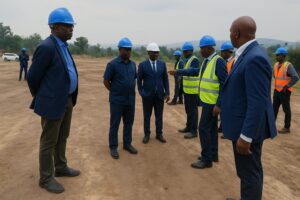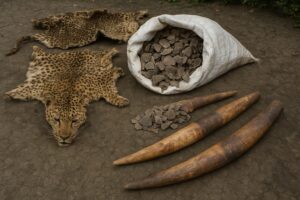A Partnership Rooted in Forest Diplomacy
Few arenas of international cooperation resonate as deeply in Brazzaville as the stewardship of the Congo Basin, the world’s second-largest rainforest and a veritable carbon sink. Against that geostrategic backdrop, the outgoing director of the Agence française de développement, Maurizio Cascioli, met Environment Minister Arlette Soudan-Nonault to evaluate the current climate-adaptation portfolio and to sketch its future contours. Both interlocutors framed the discussion within the broader climate diplomacy that has turned the Republic of Congo into a pivotal actor in African environmental negotiations (UNFCCC NDC 2021).
Assessing Four Years of Project Delivery
Since 2019 the AFD has mobilised more than 70 million euros in concessional lending and grants to Congolese projects, according to the agency’s regional dashboard (AFD 2023 Annual Report). The figure may be modest compared with oil revenues, yet its catalytic effect has been notable in sectors such as sustainable forestry, urban resilience and community-based conservation. The flagship 456 million FCFA initiative to strengthen environmental defenders, launched in 2023, has equipped civil-society monitors with satellite data and legal training that both Paris and Brazzaville discreetly describe as a ‘confidence-building tool’. Cascioli, in his closing remarks, highlighted the “strategic character” of integrating adaptation into each line ministry rather than siloed pilot projects.
Financing Streams and the Adaptation Equation
The Republic of Congo remains eligible for a diverse menu of climate finance, ranging from the Green Climate Fund to the Central African Forest Initiative. Yet, as regional analysts note, disbursement rates often lag behind pledges. Soudan-Nonault insisted during the meeting that first-phase funds for mainstreaming adaptation across sectoral plans are now fully secured and under execution. Independent audits by the African Development Bank show that project absorption in Congo has improved from 58 percent in 2020 to 71 percent in 2022, outpacing several peer economies (AfDB Portfolio Performance Review 2023). Such figures bolster Brazzaville’s argument that additional resources can be deployed swiftly, provided transaction costs remain predictable.
Policy Mainstreaming Across Sectors
At the core of the bilateral dialogue lies the conviction that climate risk must be internalised in public-investment choices. Agriculture receives particular attention, given that more erratic rainfall threatens both food security and export diversification. The Ministry of Agriculture has already embedded agro-ecological standards in its new five-year plan, a move inspired by AFD-financed pilot farms near Ouesso that raised cassava yields by 27 percent while reducing fertiliser dependency (FAO Country Brief 2023). Parallel efforts in the transport sector aim to climate-proof road corridors that connect timber-producing hinterlands to Atlantic ports, thereby sustaining value chains without compromising fragile ecosystems.
Outlook for the Post-Cascioli Era
As Cascioli prepares to hand over to his successor, both sides appear keen to maintain momentum. The forthcoming Biodel programme, valued at roughly 30 million euros, is designed to marry biodiversity protection with rural livelihoods, drawing on the lessons of Gabon’s widely praised eco-tourism model. French diplomats underscore that such initiatives dovetail with President Denis Sassou Nguesso’s Vision 2025, which positions environmental diplomacy as an avenue for diversified growth. In that sense, the AFD’s exit-interview served less as a farewell than as a passing of the baton, with all parties signalling that ‘things should accelerate in the coming months’. The convergence of national ambition, donor confidence and improving administrative capacity suggests that Brazzaville’s green tango has only begun its most dynamic steps.

